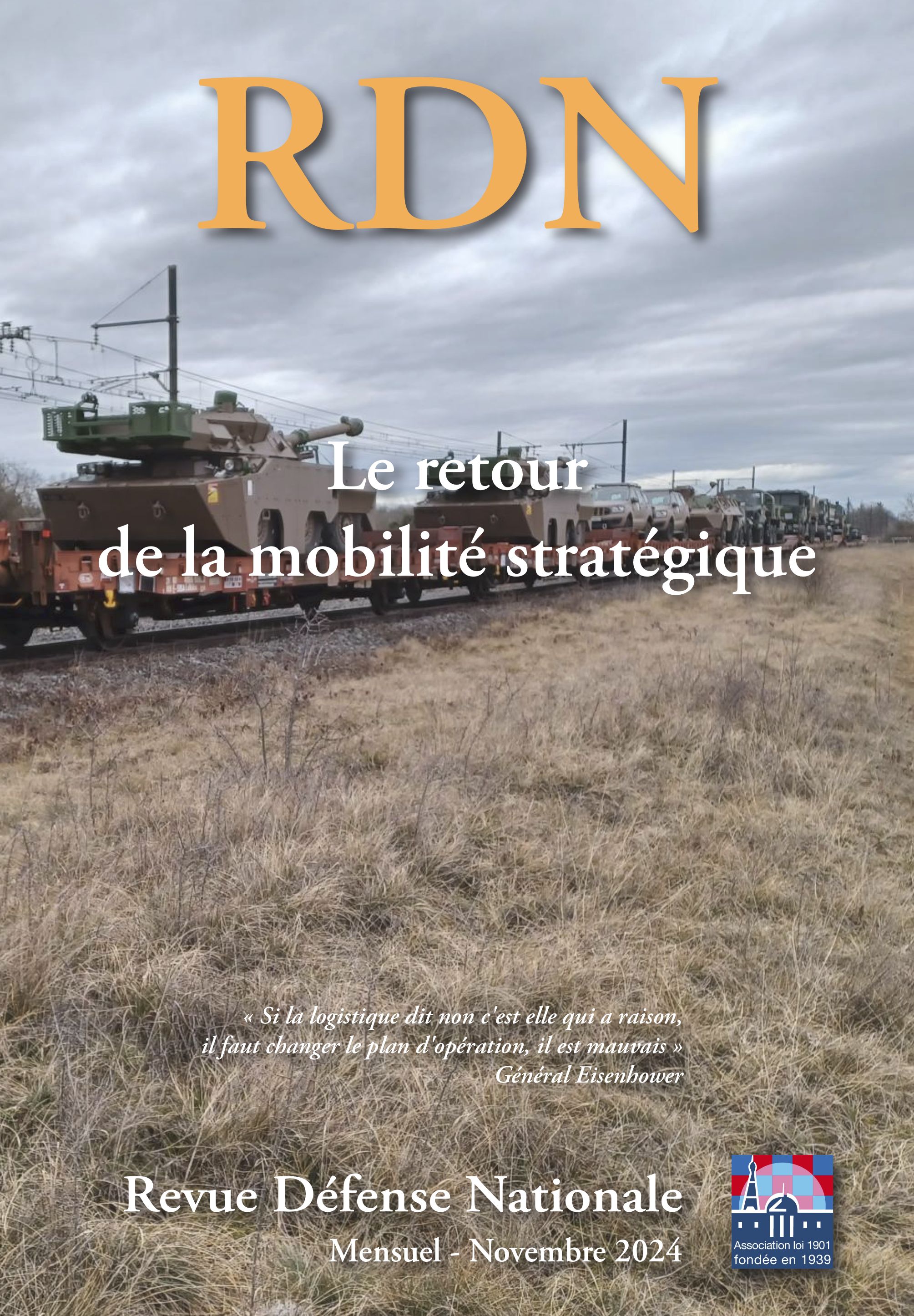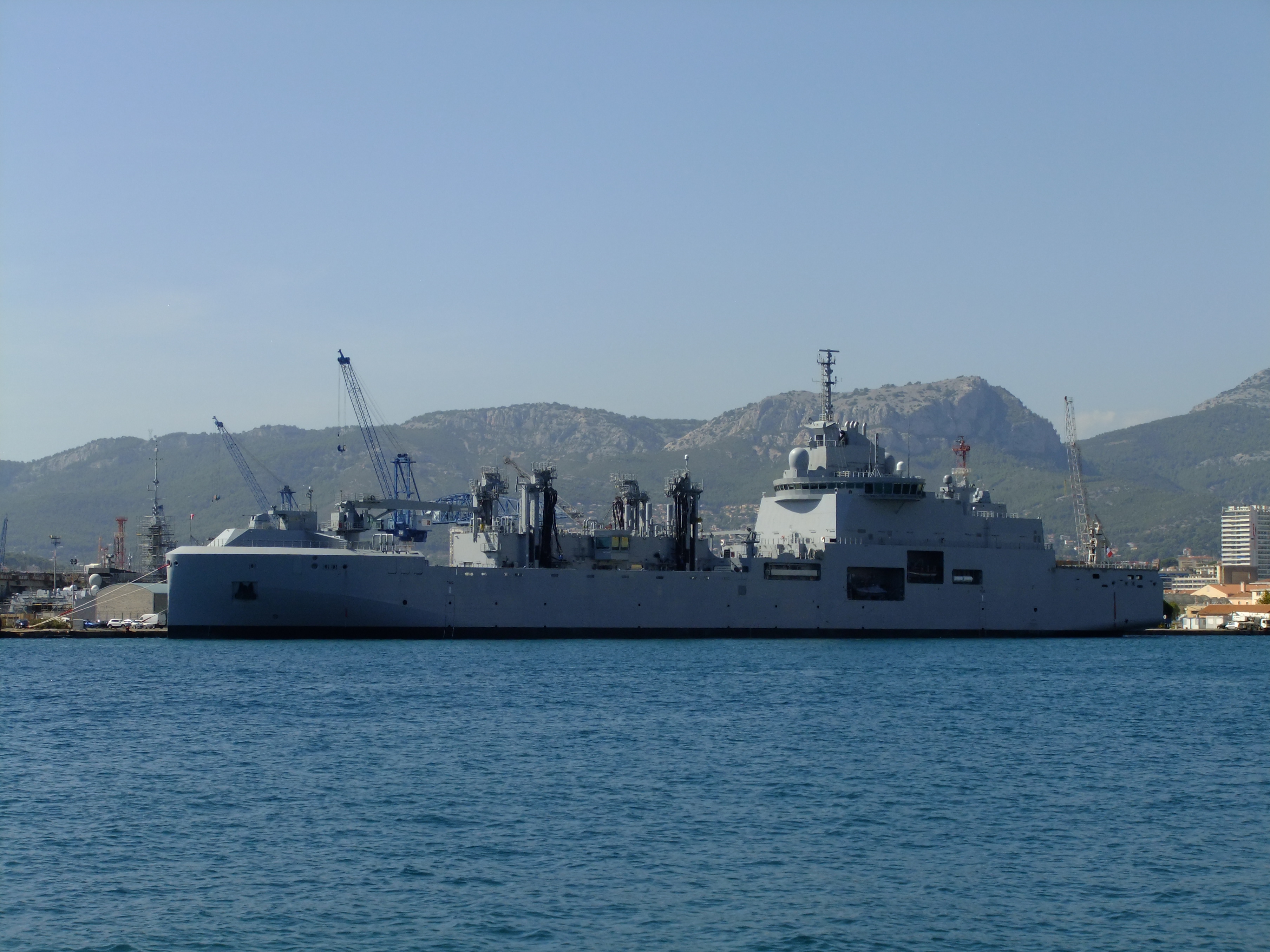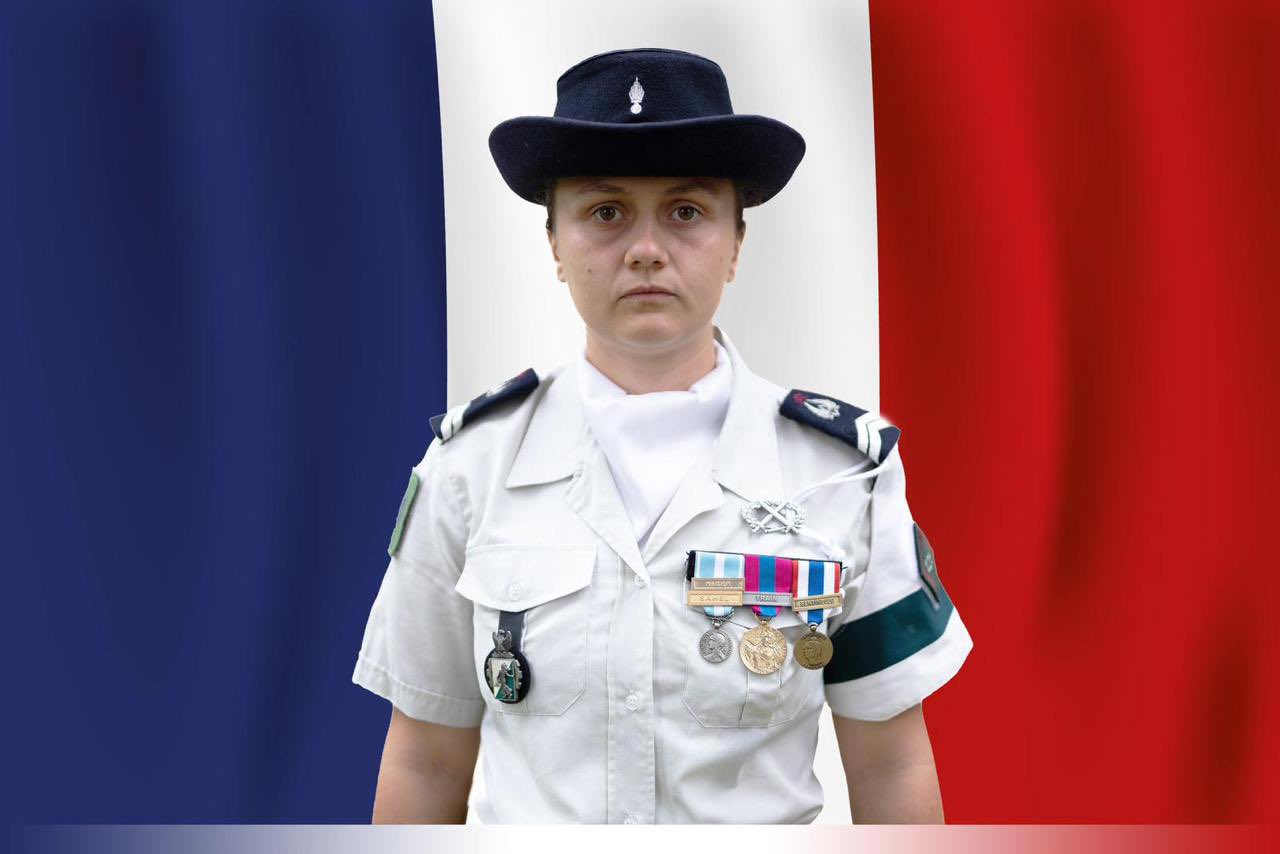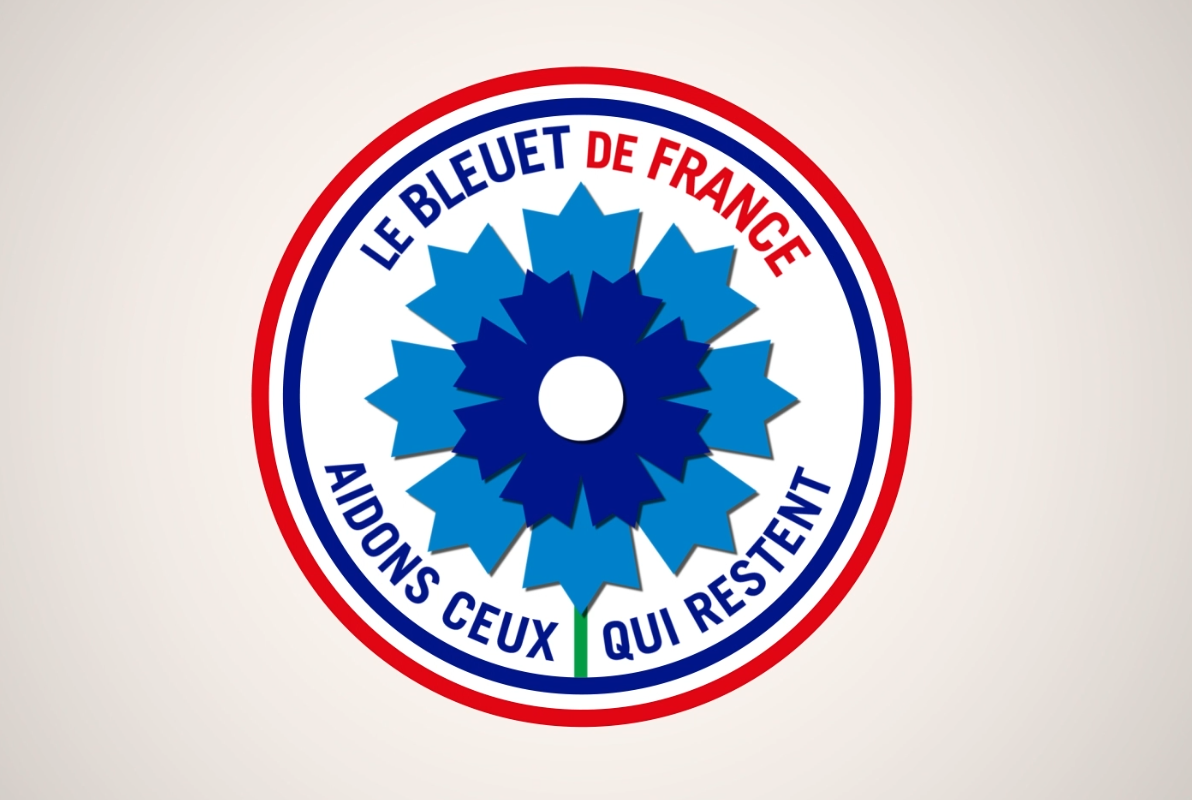Air Power Serving the Protection and Freedom of Action of our Country
A little more than a century after the advent of air power at the time of the battle of Verdun, the Air Force today takes part in daily activity for the protection of our citizens and in France’s commitments to the benefit of international security. It contributes to ensuring the sovereignty of our country and supports its freedom of action.
Our sovereignty is expressed notably through the command of our airspace: controlling access to it and detecting and identifying every aircraft in it is indispensable for the protection of our territory and for the security of everyone. In time of peace, it means being ready to face a hostile act such as the attacks of 11 September 2001 in the United States. Every day we come to the aid of aircraft in difficulty because of technical or human failure, or of some meteorological issues. That is why our airmen constantly scan their radar screens and why, by day and by night, our crews remain ready on their bases to take off to ensure our country’s intervention capability, so essential to our security. Today, and even more so in the future, the challenge of exercising our sovereignty in our airspace will become even more determining, given the constant increase in the flows of aeroplanes crossing our territory and in the number of drones overflying us.
The Air Force also participates in the protection of France through its capacity to deter any major attack against its territory, its populations and its vital interests. That is the aim of the other permanent posture, nuclear deterrence. The Air Force has constantly maintained this posture since 1964 with its combat and refuelling aircraft. This function is in essence political, since it constitutes the ultimate guarantee of the security of our country. Internationally, the airborne component of the nuclear force, the Forces aériennes stratégiques (FAS), alongside the seaborne component, the Force océanique stratégique (FOST), embodies the sovereignty of France that was so cherished by General de Gaulle, and whose principle has been reaffirmed by every Head of State of the Fifth Republic. It presupposes a capability for intervention everywhere in the world, which is maintained by regular and demanding training in the acquisition and mastery of air superiority, and also for penetration in depth to the heart of heavily defended hostile territory.
Operation Hamilton, a strike against Syrian chemical sites, approved by the President of the Republic in the spring of 2018 and which faced the defences of a regime that maintains constant links with Russian forces, is an illustration of this. It demonstrated the capability of our country to coordinate in just a few days a largescale, complex intervention combined with our American and British allies. It was also a reminder of the eminently political nature of air forces, affording France the ability to bring weight to an international conflict involving the major powers. Finally, this strike showed that a particular intervention can be conducted by air from national territory with no imprint on the theatre of operations.
The Air Force, a first response force, is also able to conduct long-term operations day and night for limited cost of deployment, as has been demonstrated since 2014 in Operations Chammal in the Levant and Barkhane in the Sahel. Its determination support to local and French ground forces aids the fight against the roots of Jihadist terrorism to guard against its extension into Europe.
The Air Force is reactive, multi-role and flexible, and free from the limitations of borders: it permits the rapid deployment anywhere of the power of our nation. Supported in particular by sovereign defence industry, it affords our national authorities a key asset in bringing French will to bear throughout the world.







